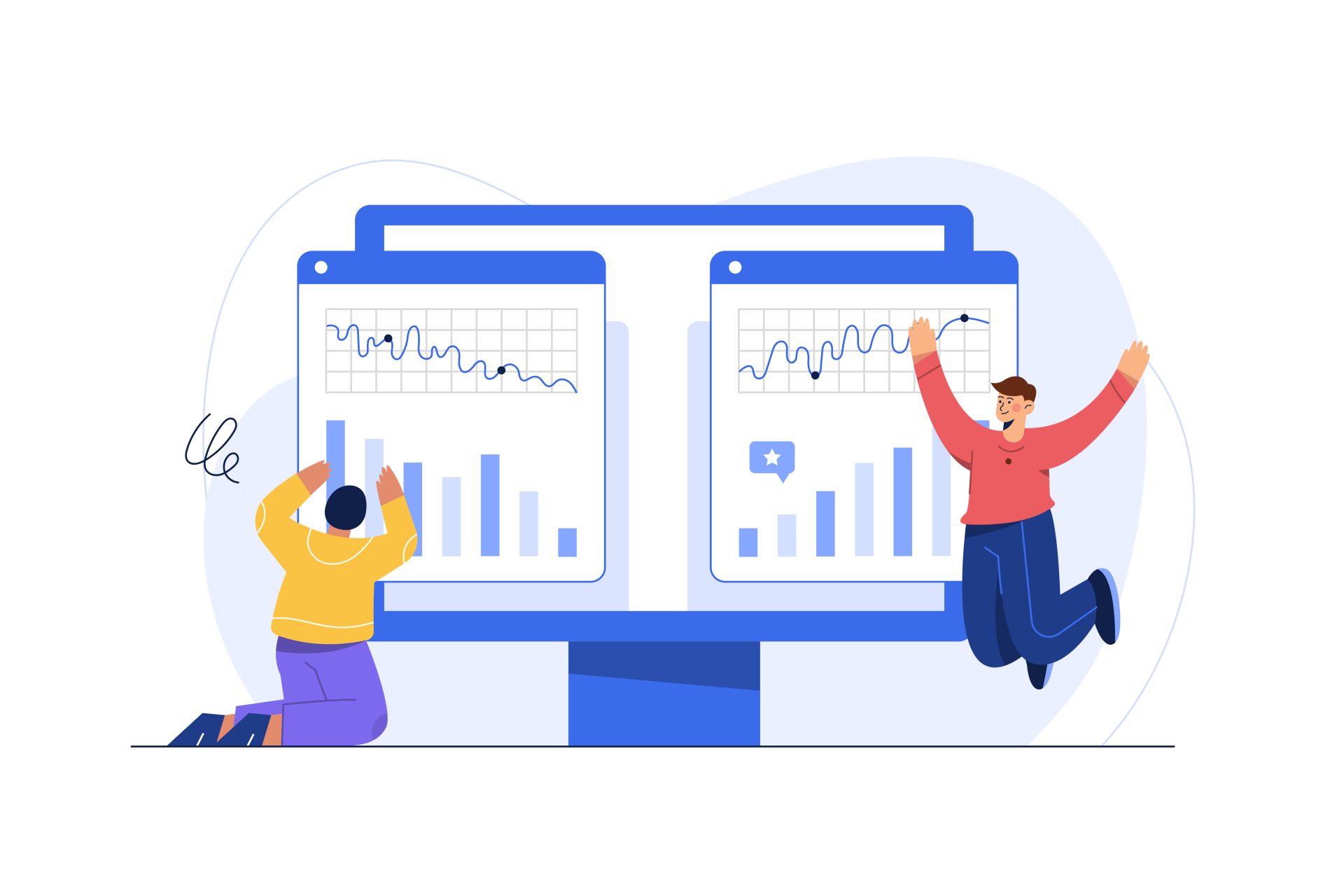Introduction to Data Annotation Services
In the rapidly evolving landscape of technology, data is king. But raw data alone isn’t enough to drive innovation and insight. Enter Data Annotation Services — the unsung heroes behind machine learning and artificial intelligence. These services transform unstructured data into valuable resources by adding context through labeling and categorization.
As we delve deeper into this topic, you’ll discover how various industries are harnessing these annotation services to enhance their operations. From healthcare diagnostics to self-driving cars, the impact is profound. Join us on a journey as we explore the transformative power of data annotation and why it’s becoming an essential pillar in today’s digital age.
The Importance of Data Annotation in Machine Learning and AI
Data annotation is the backbone of machine learning and artificial intelligence. Without it, these technologies would struggle to interpret vast amounts of data accurately.
When algorithms process raw data, they need context. Annotations provide that context by labeling images, text, or audio files with relevant information. This helps machines learn patterns and make informed decisions based on those inputs.
Accuracy in annotations directly influences the performance of AI systems. High-quality labeled datasets lead to better training outcomes. Consequently, businesses can rely more on predictive models for decision-making.
Moreover, as industries evolve rapidly, so do their needs for specialized data sets. From healthcare diagnostics to autonomous vehicles, tailored annotations play a crucial role in ensuring reliability and efficiency across diverse applications.
Effective data annotation bridges the gap between human understanding and machine comprehension. It paves the way for groundbreaking advancements in technology.
Key Industries Utilizing Data Annotation Services
- Data annotation services are reshaping various sectors. The healthcare industry stands out, leveraging annotated data to enhance diagnostic tools and predictive analytics. Accurate labeling of medical images helps in training algorithms for disease detection.
- In the automotive sector, companies utilize data annotation for developing self-driving technologies. Annotated video feeds from vehicles contribute to better understanding road scenarios.
- The retail space is also on board. With user behavior analyzed through annotated datasets, businesses can personalize marketing strategies effectively and improve customer experiences.
- Financial institutions benefit as well by using these services to detect fraudulent activities through clearer patterns in transactional data.
- Education technology platforms use data annotation to create adaptive learning environments tailored to individual student needs. Each sector showcases how vital accurate annotations are for driving innovation and efficiency.
Benefits of Outsourcing Data Annotation
Outsourcing data annotation services offers several advantages. First, it allows companies to focus on their core business activities. By delegating this task to specialized providers, organizations can allocate resources more efficiently.
Cost-effectiveness is another significant benefit. Hiring and training in-house staff for data annotation can be expensive and time-consuming. Outsourcing eliminates these overhead costs while providing access to a skilled workforce.
Quality assurance plays a vital role too. Professional data annotators are trained to deliver high-quality results consistently. They understand the nuances of various industries and can tailor annotations accordingly.
Moreover, outsourcing accelerates project timelines. With dedicated teams working around the clock, businesses can achieve faster turnaround times without compromising quality.
Scalability becomes easier when working with external vendors. Companies can quickly adjust the volume of annotated data based on evolving needs or project demands without the hassle of hiring additional staff.
Challenges and Limitations of Data Annotation Services
Data annotation services face various challenges that can hinder their effectiveness. One significant issue is the quality of annotations. Inconsistent labeling can lead to unreliable data, affecting model performance.
Another challenge lies in scalability. As datasets grow larger, maintaining consistent quality becomes increasingly difficult. This often requires additional resources and time.
Cost is also a concern for many businesses. While outsourcing may save initial setup costs, ongoing expenses can add up quickly, especially when high-quality results are expected.
Privacy concerns cannot be overlooked. Handling sensitive data necessitates strict compliance with regulations like GDPR or CCPA, making it imperative for service providers to implement robust security measures to protect user information during the annotation process.
Future Outlook for the Industry
- The future of data annotation service is bright and full of possibilities. As artificial intelligence continues to evolve, the demand for high-quality annotated data will only increase.
- With advancements in technology, automation tools are being developed to enhance efficiency. These tools can handle repetitive tasks, freeing up human annotators for more complex labeling jobs that require nuanced understanding.
- Moreover, as industries recognize the value of precise data labeling, we can expect a surge in specialized annotation services. Tailored solutions for sectors like healthcare or autonomous vehicles will become more common.
- Ethical considerations around data privacy and bias are also shaping the landscape. Companies must prioritize responsible practices while maintaining quality standards.
- In this dynamic environment, collaboration between businesses and annotation service providers will be crucial. This partnership can drive innovations that not only improve accuracy but also foster trust in AI technologies moving forward.
Conclusion
Data Annotation Services are reshaping industries in profound ways. As machine learning and AI continue to advance, the demand for accurately labeled data grows exponentially. This precision is critical for algorithms that learn from vast datasets and deliver meaningful insights.
Industries such as healthcare, automotive, finance, and retail have embraced these services to enhance their operations and improve decision-making processes. The ability to outsource data annotation not only reduces costs but also allows companies to focus on core competencies while ensuring high-quality results.
Despite its many advantages, challenges remain. Ensuring consistency across large datasets can be daunting. Additionally, privacy concerns must always be addressed when handling sensitive information.
Looking ahead, the landscape of Data Annotation Services will likely evolve further with technological advancements like automated tools and AI-driven solutions enhancing efficiency while maintaining quality standards.
The transformation driven by data annotation across various sectors highlights just how integral it has become in crafting a smarter future powered by technology.
